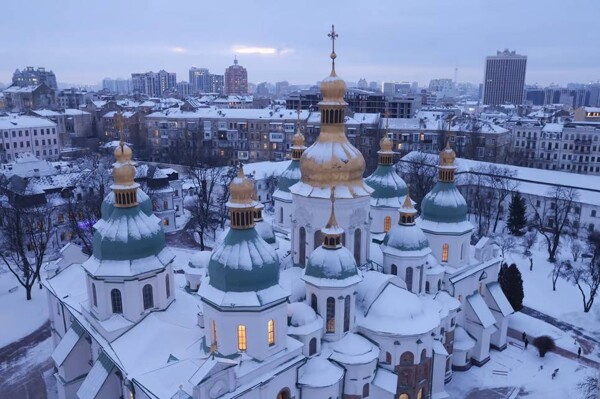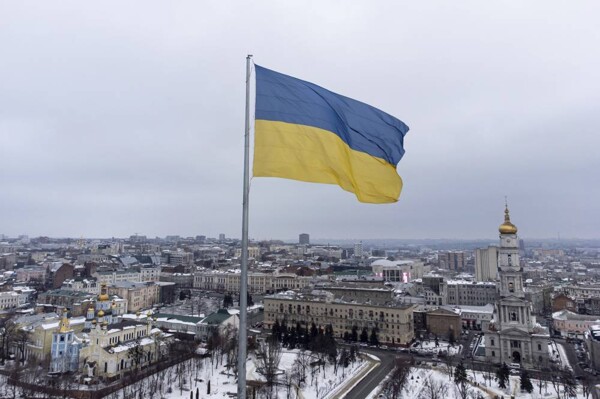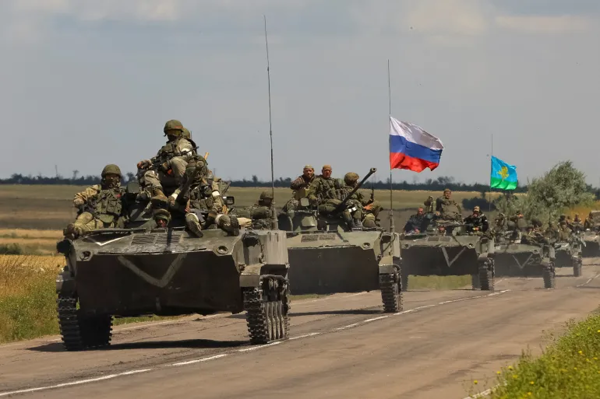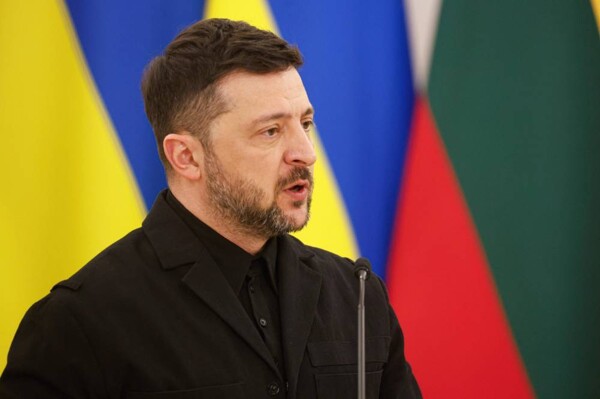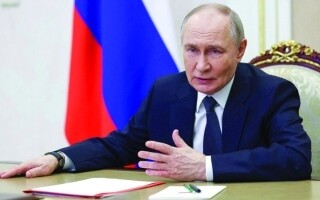
Researcher Bens Nimete from "King's College" in London stated that European leaders do not send troops to Ukraine until a stable peace is achieved, which excludes President of Russia Vladimir Putin, especially since the peace agreement implies the presence of Western troops on Ukrainian territory.
The peacekeeping mission cannot replace negotiations or military force, since the success of such a mission to a significant extent depends on the existence of a real peace agreement, which can be preserved. In the best case, peacekeepers can strengthen trust between the warring parties; however, they cannot be imposed by force and act circumventing the political agreement.
As for NATO's collective role, it is effective within the limits of its members' borders through military containment and collective planning, but it should not confuse this with attacks for the restoration of Ukrainian territory at Russia’s expense. It may be more appropriate to take on this obligation to the UN or a neutral organization, possibly with the participation of such countries as China or India, which could make it more acceptable for the Russian side.
Some NATO members may express a desire to participate, but for the alliance itself, it may be better to remain outside direct agreements between Russia and Ukraine from both a political and strategic point of view.
Instead of a risky peacekeeping operation in Ukraine, it is more reasonable to direct additional military resources for the protection of NATO borders. Currently, the idea of NATO forces' deployment to maintain peace on Ukrainian territory does not guarantee success.
As pointed out, NATO has experience and organizational capabilities for leading a peacekeeping mission, but political and military circumstances make this choice impractical. Ukraine's aspiration for "victory," to recover its lost territory from 2014 from Russia, seems unrealistic.
With the continuation of the war and failures in serious negotiations, some sides have begun to promote the idea of deploying peacekeeping forces as an alternative solution. Recently, senior officials of NATO member countries met to discuss the idea of creating a "coalition of interested countries" for participation in the peacekeeping mission.











